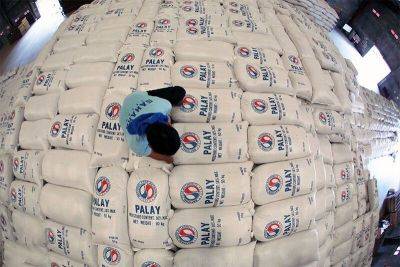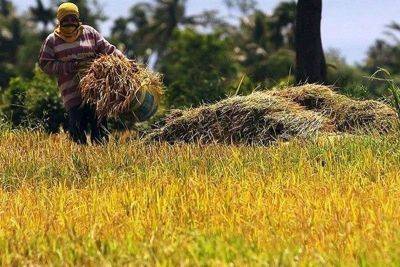'Meaty rice'? Professor aims to change global protein
SEOUL — In a small laboratory in Seoul, a team of South Korean scientists is injecting cultured beef cells into individual grains of rice, in a process they hope could revolutionize how the world eats.
From helping prevent famines to feeding astronauts in space, team leader and professor Hong Jin-kee believes his new so-called meaty rice could become an eco-friendly, ethical way for people to get their protein.
No animals were harmed in the creation of the dish, which looks like a regular bowl of rice — albeit pink — but it gives off a faint buttery aroma, the result of being packed with beef muscle and fat cell culture.
This picture taken on May 21, 2024 shows professor Hong Jin-kee posing with a bowl containing pink «meaty rice» at the Yonsei University in Seoul. In a small laboratory in Seoul, a team of South Korean scientists are injecting cultured beef cells into individual grains of rice, in a process they hope could revolutionise how the world eats. Anthony WALLACE / AFPUsing cultured meat, «we can obtain animal protein without the slaughter of livestock,» Hong, of Seoul's Yonsei University, told Agence France-Presse.
Companies worldwide have sought to commercialize meat alternatives, such as plant-based or cultured meat, due to ethical issues surrounding industrial livestock rearing, as well as environmental concerns linked to the greenhouse gas emissions from animal farming.
Hong, who has a background in organoids and biomedical sciences, chose rice for his research as the grain was already the top source of protein for people in Asia.
AdvertisementHis process can be currently time-consuming: a regular rice grain is coated with fish gelatin to help with adherence, then individually injected with beef cells before being cultured in a petri dish for up to 11 days.
Rice possesses a «slightly porous structure,» Hong said, and once the beef cells have been injected into the rice, the grain offers «an ideal structure for cells to grow uniformly from the inside out.»
Carbon footprint
Hong's «meaty» rice contains 8 percent more protein and 7 percent more fat than regular rice.
AdvertisementHong and his team are still working on how to scale the process, he







